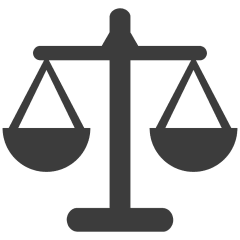1. Chief Executive

Chief Executive
In the broadest sense, a chief executive refers to the top executive or leader within an organization or entity.
2. Financial Manager

Financial Manager
Financial managers are responsible for overseeing the financial health of an organization.
3. Lawyer
4. Pharmaceutical Sales Representative

Pharmaceutical Sales Representative
A pharmaceutical sales representative is responsible for promoting and selling pharmaceutical products to healthcare professionals, such as doctors, physicians, and pharmacists.
5. Art Director

Art Director
An art director is responsible for overseeing and managing the visual aspects of a project, such as advertisements, films, video games, publications, or website designs.
6. Health Services Manager

Health Services Manager
A health services manager, also known as a healthcare administrator or healthcare executive, is a professional responsible for overseeing the operations and management of healthcare facilities, such as hospitals, clinics, nursing homes, or medical practices.
7. Financial Analyst

Financial Analyst
Financial analysts are responsible for evaluating financial data, market trends, and investment opportunities to provide valuable insights for decision-making.
8. School Principal

School Principal
A school principal is the leader of a school, responsible for creating a positive and supportive learning environment for students and staff.
9. Pharmacist

Pharmacist
A pharmacist dispenses medications prescribed by doctors and ensures they are used safely and effectively.
10. Financial Advisor

Financial Advisor
A financial advisor provides financial guidance and advice to clients.
